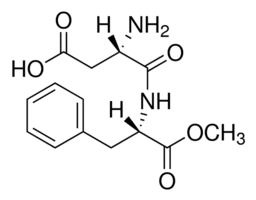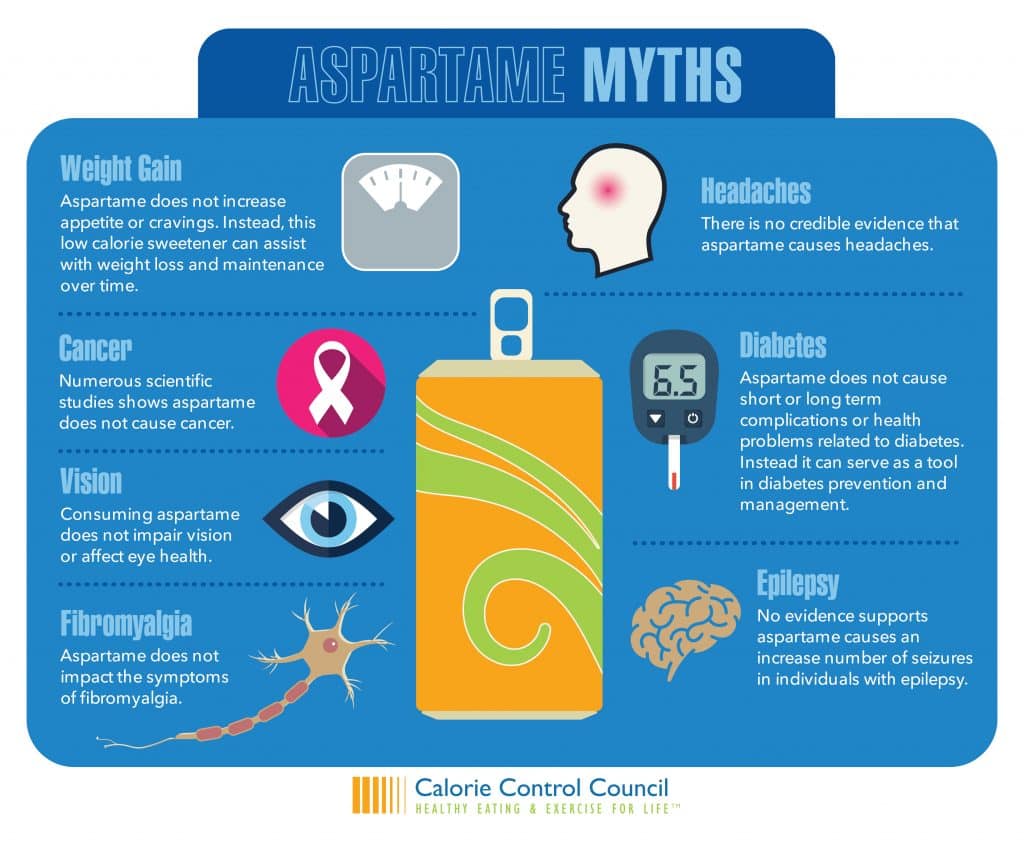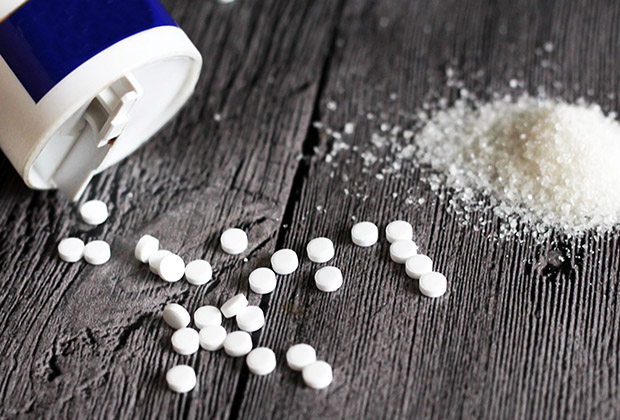is aspartame ok for diabetics 22839-47-0 aspartame
Aspartame is a widely used artificial sweetener that has gained popularity in the food and beverage industry. However, recent studies have brought to light some potential dangers associated with its consumption. It is important to be aware of these risks to make informed decisions about our health and well-being.
The Dangers of Aspartame
Aspartame has been linked to a range of health issues, prompting concerns among health professionals. One of the main concerns is its potential to cause neurological problems. Some studies suggest that long-term consumption of aspartame may increase the risk of headaches, migraines, and even seizures in some individuals.
 In addition to neurological effects, aspartame has also been associated with metabolic problems. Some studies have indicated that it can disrupt the body’s natural insulin response, leading to imbalances in blood sugar levels. This can be particularly concerning for individuals with diabetes or those at risk of developing the condition.
In addition to neurological effects, aspartame has also been associated with metabolic problems. Some studies have indicated that it can disrupt the body’s natural insulin response, leading to imbalances in blood sugar levels. This can be particularly concerning for individuals with diabetes or those at risk of developing the condition.
Understanding Aspartame’s Chemical Structure
To further grasp the potential dangers of aspartame, it is important to understand its chemical structure. Aspartame, with the chemical formula CAS-22839-47-0, is composed of three main components: aspartic acid, phenylalanine, and methanol.
 While these individual components are considered safe for consumption when found in natural food sources, they can pose risks when combined into aspartame. Methanol, in particular, has been a cause for concern as it can be toxic in high amounts. However, it is important to note that the methanol content in aspartame is relatively low and generally considered safe.
While these individual components are considered safe for consumption when found in natural food sources, they can pose risks when combined into aspartame. Methanol, in particular, has been a cause for concern as it can be toxic in high amounts. However, it is important to note that the methanol content in aspartame is relatively low and generally considered safe.
Making Educated Choices
Given the potential risks associated with aspartame consumption, it is crucial to make educated choices about our diet and use of artificial sweeteners. It is advisable to limit our intake of aspartame-containing products and explore alternative natural sweeteners.
When selecting a sweetener, it is essential to read food labels carefully. Look for products that use natural sweeteners like stevia, honey, or maple syrup instead of aspartame. These alternatives not only provide sweetness but also offer additional nutritional benefits.
Furthermore, maintaining a balanced and varied diet is key to overall health and well-being. By selecting fresh fruits and vegetables, lean proteins, and whole grains, we can reduce our reliance on artificial sweeteners altogether.
In conclusion, while aspartame has been widely used as an artificial sweetener, its potential dangers cannot be ignored. By understanding the risks associated with aspartame and making informed choices about our diet, we can prioritize our health and well-being. Remember to consult with a healthcare professional if you have any concerns or questions regarding your sweetener choices.
If you are looking for 22839-47-0 Aspartame - Watsonnoke Scientific Ltd you’ve came to the right web. We have 5 Images about 22839-47-0 Aspartame - Watsonnoke Scientific Ltd like Aspartame Dangers | Aspartame, Health, Health and nutrition, Aspartame And Diabetes Mayo Clinic | DiabetesTalk.Net and also Aspartame And Diabetes Mayo Clinic | DiabetesTalk.Net. Here you go:
22839-47-0 Aspartame - Watsonnoke Scientific Ltd
 www.watsonnoke.comaspartame cas watson structure
www.watsonnoke.comaspartame cas watson structure
Is Aspartame Safe – Cancer, Weight Gain, Or Diabetes?
 aspartame.orgaspartame cavities
aspartame.orgaspartame cavities
Aspartame And Diabetes Mayo Clinic | DiabetesTalk.Net
 diabetestalk.netaspartame effects side diabetes mayo clinic diabetestalk truth
diabetestalk.netaspartame effects side diabetes mayo clinic diabetestalk truth
Aspartame Dangers | Aspartame, Health, Health And Nutrition
 www.pinterest.comaspartame food health eat dangers diet poisoning dangerous effects foods matters side most today when so medicine oh sweeteners facts
www.pinterest.comaspartame food health eat dangers diet poisoning dangerous effects foods matters side most today when so medicine oh sweeteners facts
Aspartame; A Sweetener That Is Two Hundred Times Sweeter Than Sugar
 gtspfood.comAspartame food health eat dangers diet poisoning dangerous effects foods matters side most today when so medicine oh sweeteners facts. 22839-47-0 aspartame. Aspartame dangers
gtspfood.comAspartame food health eat dangers diet poisoning dangerous effects foods matters side most today when so medicine oh sweeteners facts. 22839-47-0 aspartame. Aspartame dangers